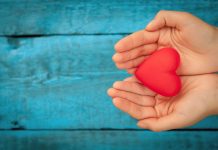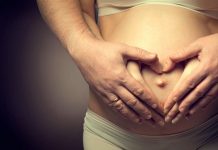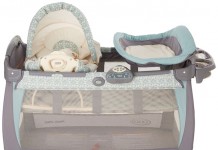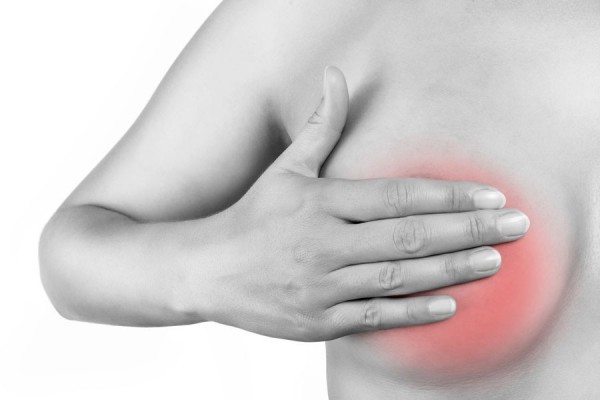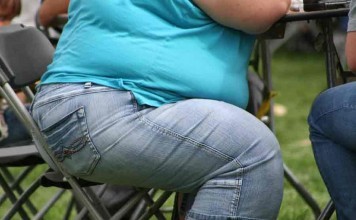Know about “Breast Pain Before Period” : Breast pain is also known as mastalgia. It usually affects many women in the world. It is mostly between the age of 30 and 50. The pain of the breast can be felt as heaviness or soreness that can be described as a pain that is stabbing or burning. It is mostly felt in the upper outer area of the breasts and can extend to the armpits and even down the arms at times.
Many women usually worry that this breast pain can be a sign of a condition that is serious. However, the pain of the breast by itself cannot be a symptom of breast cancer and neither does the pain of the breast increase a person’s risk of getting breast cancer. In fact, periods can be the cause of breast pain. Many women experience breast pain before period.
[sc:336×280 ]
Breast pain can be relatively mild, though some women will experience severe or moderate pain. A severe or a chronic pain of the breast can interfere with a woman’s daily activity and result to stress, depression and anxiety.
There Are Two Types Of Breast Pains
- Cyclical breast pain. This is the most common breast pain because it is usually linked to menstrual cycle; that is breast pain before period.
- Noncyclical breast pain. This is a pain in the breasts that has no any relation to the menstrual cycle.
Why Your Boobs Hurt Before Your Period?
Many women experience pain in breasts right before they start their period. Why is this? Find the answer in this video (youtube.com), It very clear and helpful for me.
Various Causes Of Pain In The Breast
Though the exact cause of this pain is not known yet, it is usually thought to be linked to changes in the levels of hormones before the beginning of periods. The menstrual cycle is usually controlled by a woman’s body hence releasing hormones like estrogen. Hormones are normally chemicals that are very powerful and have a wide array of body effects.
This pain mostly occurs around the same time in every month; that is normally one or three days before the day of a woman’s periods. The pain normally improves at the end of the period. During these times, the intensity of the pain is not always the same.
Though the cyclical pain of the breast mostly affect women who are still receiving their periods that are before they reach menopause, some of the women can still experience symptoms even after they are in menopause. This is likely if those women have undergone hormone replacement therapy (HRT). Besides, breast pain that is cyclical is not associated with any condition of the breast.
[sc:468×60 ]
Noncyclical Breast Pain
It is very unfortunate that in most of the cases reported, the cause of noncyclical breast of the pain has not yet been discovered. However, there are many other conditions that can lead to pain of the breast. These conditions include:
- Mastitis. This is a condition that is related to breastfeeding. It usually causes the tissues of the breast to become swollen and also painful.
- Breast lumps. There are usually many of benign (noncancerous) that can result in breast lumps that can be painful.
- Breast abscess. It is a painful collection of pus that usually forms inside the breast.
A noncyclical breast pain can also result from an injury that happened anywhere in the body. For example, a muscle pulling that is in the chest, which can be in a position to be felt in the breast. In some rare cases, pain of the breast that is noncyclical can be as a result of some medications and also treatments (like the antifungal medicines, antipsychotics or antidepressants) which are used in the treatment of mental health conditions.
When You Are Supposed To See Your Gp
You can visit your GP when you start noticing some changes in your breasts. Some of these changes that I am talking about are:
- Noticing a lump or an area on the breast that has a thickened tissue in any of the breasts.
- Having discharge from any of your nipples; the discharge can be streaked with blood.
- A lump or even a swelling in the armpits
- Change in size or shape of any of the breasts etc.
In summary breast pain before period is most common among women. In case your breast is not related to the period, then you should see a GP.




